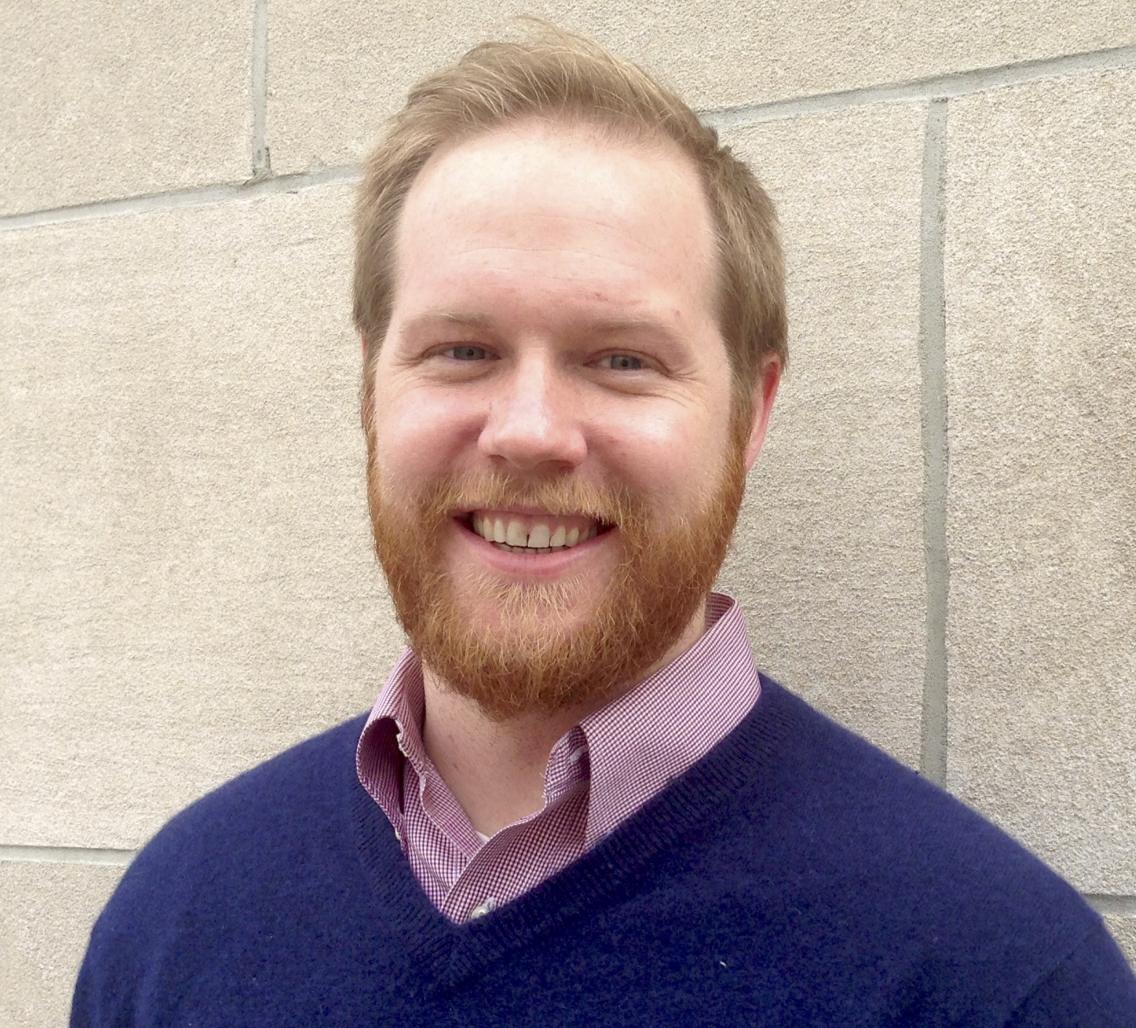Event Details:
Tuesday, February 20, 2018
This Event Has Passed
Time
10:00am to 11:00am PST
Location
Allen 101X
Contacts
Daisy Ramirez <daisyramirez1@stanford.edu>
Event Sponsor
Stanford Neurosciences Institute
Image

Discovering structure in neural and behavioral data
Scott Linderman
Postdoctoral Fellow, Columbia University
Stanford Neurosciences Institute Statistical and Computational Neuroscience Faculty Candidate
Abstract
New recording technologies are transforming neuroscience, allowing us to precisely quantify neural activity, sensory stimuli, and natural behavior. How can we discover simplifying structure in these high-dimensional data and relate these domains to one another? I will present my work on developing statistical tools and machine learning methods to answer this question. With two examples, I will show how we can leverage prior knowledge and theories to build models that are flexible enough to capture complex data yet interpretable enough to provide new insight. Alongside these examples, I will discuss the Bayesian inference algorithms I have developed to fit such models at the scales required by modern neuroscience. First, I will develop models to study global brain states and recurrent dynamics in the neural activity of C. elegans. Then, I will show how similar ideas apply to data that, on the surface, seem very different: movies of freely behaving larval zebrafish. In both cases, these models reveal how complex patterns may arise by switching between simple states, and how state changes may be influenced by internal and external factors. These examples illustrate a framework for harnessing recent advances in machine learning, statistics, and neuroscience. Prior knowledge and theory serve as the main ingredients for interpretable models, machine learning methods lend additional flexibility for complex data, and new statistical inference algorithms provide the means to fit these models and discover structure in neural and behavioral data. Bio Scott is a Postdoctoral Fellow at Columbia University in the Grossman Center for the Statistics of Mind. He works at the intersection of machine learning and neuroscience, and he is advised by Professors Liam Paninski and David Blei. He completed his Ph.D. in Computer Science at Harvard University under the supervision of Professors Ryan Adams and Leslie Valiant, and he received his B.S. in Electrical and Computer Engineering from Cornell University. He is a recipient of the Simons Collaboration on the Global Brain Postdoctoral Fellowship, the Siebel Scholarship, and the National Defense Science and Engineering Graduate Fellowship. His dissertation received the Leonard J. Savage Award from the International Society for Bayesian Analysis, and his work has been recognized with a Best Paper Award at the International Conference on Artificial Intelligence and Statistics. Prior to graduate school, he worked at Microsoft as a software engineer on the Windows networking stack. His research broadly explores how computational and statistical tools can decipher neural circuits.